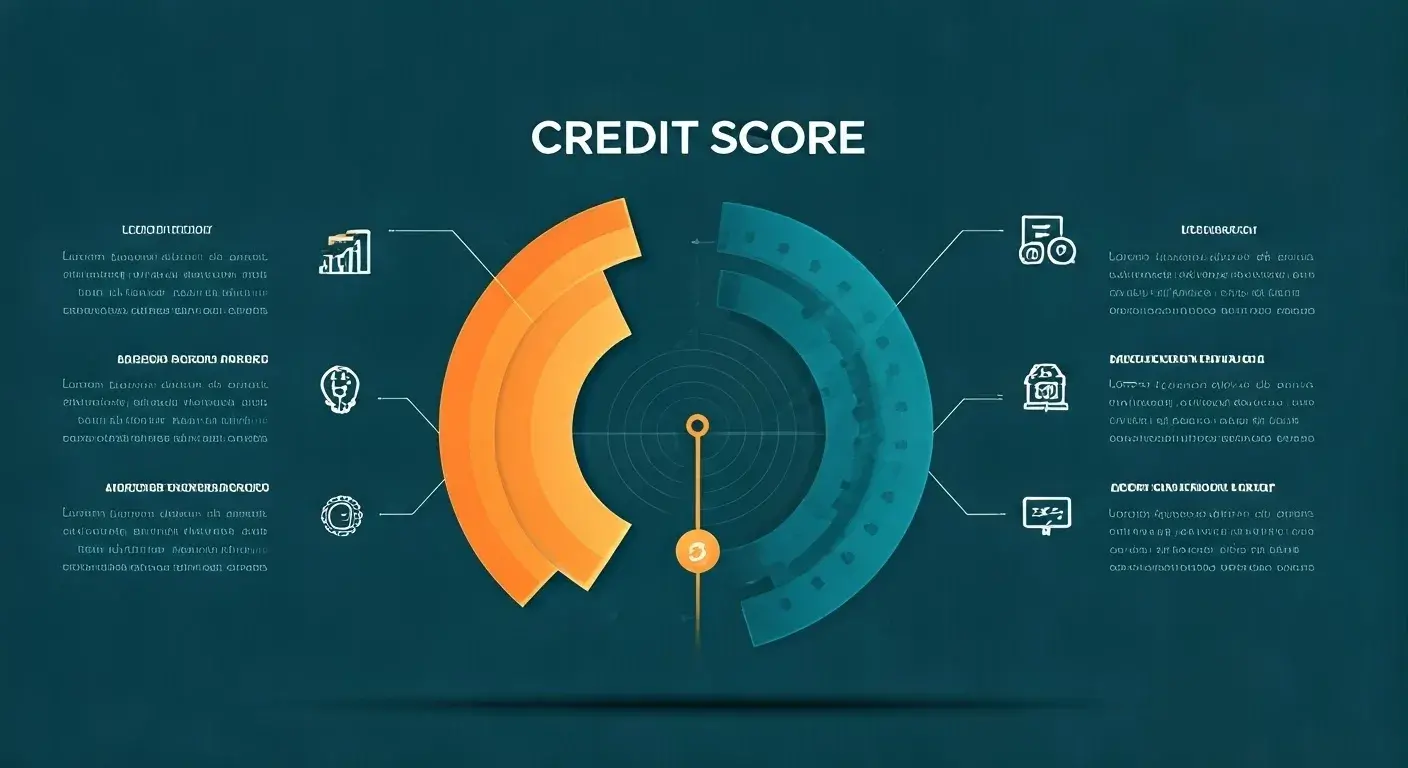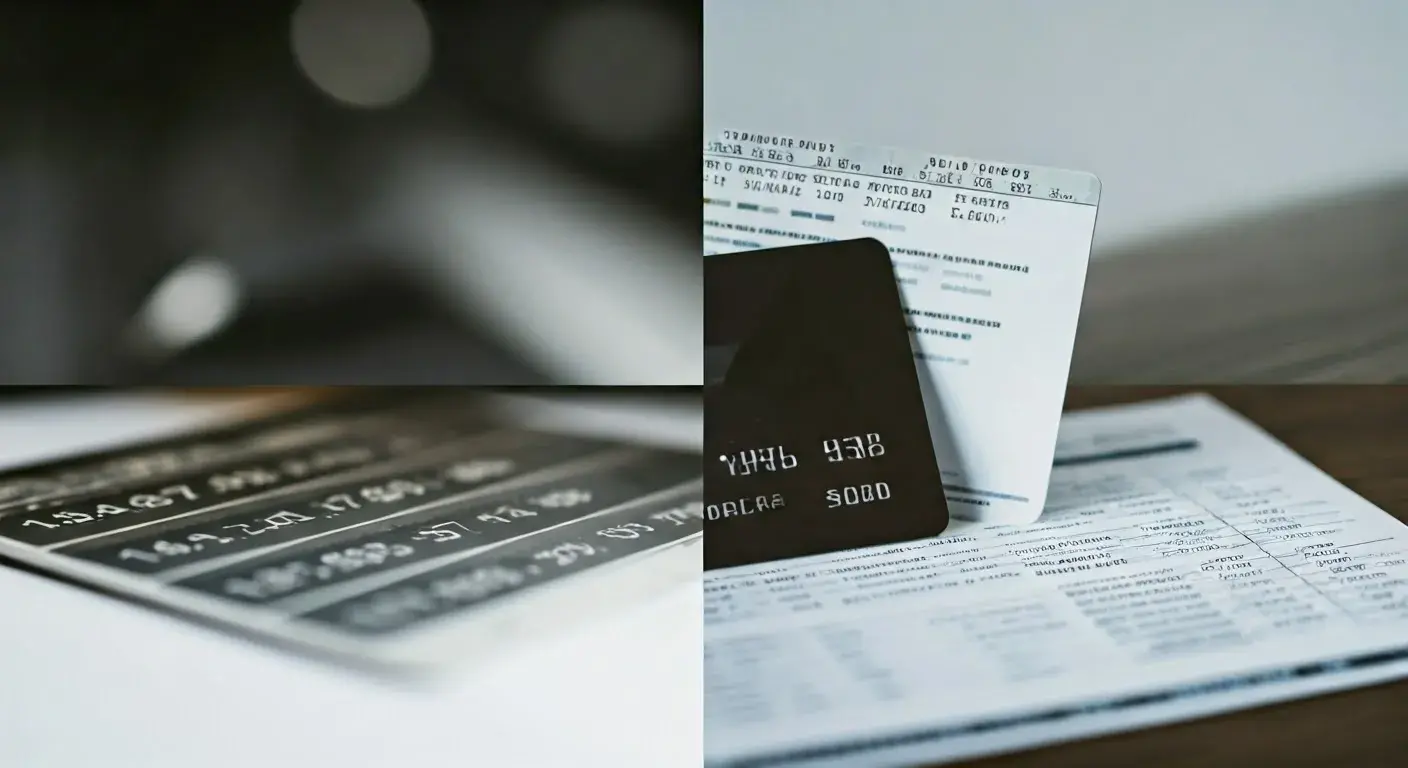
First, it is important to know how long it usually takes to fix your credit.
It is indeed stressful to have bad credit. The accounts that show up on your credit reports as late payments, collections, and other negative remarks claim a lot of your credit score. This means that credit score remains an important factor that defines the possibility and the rates of loans and credit cards.
Fortunately, there is hope for the situation, and if you work a little and try to repay your obligations on time and meet other requirements of the credit rating, it will be possible to make your credit history better. However, the duration it might take for an individual to rectify the bad credit is also worth knowing. What follows are the key facts that you should be aware of.
What Affects Your Credit Score Rehab Period
The time will depend on what currently pulls your credit and brings your scores down.
3. The rules for improving your credit
The rules that will help you to improve your credit can be summed up as follows:
1. Pay your bills on time and in full.
2. Don’t close credit card accounts that you no longer use.
3. Don’t open new credit card accounts to boost your credit score.
4. Check what information is being Some factors that impact credit score recovery time include:
Number and severity of negative marks: The more credit reports with negative information such as those in collections, delayed payment records, defaults, etc., the longer it will take to rebound. Lesser instances of damage, such as a few dings, will not hit as hard as overall instances of delinquency.
Age of negative information: According to the law, most of the undesirable credit data remain on your reports within 7 years after the initial payment delinquency. It can therefore be concluded that the more recent the information is, the more it is likely to adversely affect your scores.
Your current credit standing: If there is no active credit card or a loan, it will take some time to build up the credit history of responsible usage of credit. You must keep some healthy accounts that you repay on time to help rebuild your credit.
Diligence in addressing issues: How forceful you are in the manner you pursue getting the mistakes disappeared, the process of paying off your debts, questioning information that might be outdated, etc. determines how long it will take you to turn around. So, inaction will lead to scores to start rising after approximately 7 years when negatives start to disappear from the reports.
Basic Timeframes to Erase Credit
While everyone’s financial situation is different, general guidelines in terms of how long it takes to see a significant recovery in your credit scores are:
Minor Issues: To improve credit scores, it could only take a few months if one or two payments were missed or if reporting errors were to be rectified. New responsible accounts also help in increasing the pace of opening them. It can increase by more than 50 points as soon as mistakes are corrected, or when the company clears some of its overdue payments.
Major Issues: While there is likely a slight recovery for negative records that are less than 7 years old, more severe items like bankruptcies, foreclosures, tax liens and accounts that are already in collections may take about 12 to 18 months of good credit management to show up to 40 points boost.
Long-Standing Issues: It may take nearly 7 years which is the reporting period to restore your credit status from very poor to good or excellent especially if you had a record of late payments in the past. This is because as the negative information grows stale, it affects the scores more lightly. In general, once the negatives have had time to age, it becomes less difficult to counter them with positives at around 3 to 5 years of their existence.
No Credit History: If one has had no credit history at all, it will take about 6 months of good account management or use of credit to obtain a FICO score. However, scores resulting from a few new accounts may be low. A high credit score in the 700s or 800s cannot be attained within the first months of credit card usage but requires at least twelve months of consistent on-time payment, low credit utilization, and credit mixture.
Ways to Rebuild Your Credit Fast
The two ways of repairing credit are by paying off debts and waiting for the negative information to fall off the credit reports, though other measures can be taken to improve credit scores faster. Consider these tips:
Check credit reports and contact the credit agencies if there are inconsistencies with the credit report information. Errors lower scores unfairly.
Reduce the balance on credit cards and loans that one may have incurred to smaller figures. This raises scores quickly.
If required open new credit accounts again, such as secured cards and credit-builder loans, and use it sparingly and make the payments on time.
If you can, get authorized user status on a spouse or family member’s old, positive credit account.
Reduce the number of credit applications if scores are low, as the number of applications increases risk signals.
Debt management should be considered to assist in dealing with creditors. Debts in programs may cease to show as delinquent in that they may disappear from the list of delinquent debts.
If it is necessary, refer to a credit repair company for correcting severe credit problems. Through legal firms, you can erase the unlawful negative items that are still in the credit report.
Be Patient Yet Proactive
This is because 35% of the credit score is based on the amount owed and payment history which will take time to improve after a bankruptcy, foreclosure, or many missed payments. Just stick to the plan and remain constant when it comes to budgeting, so that day by day the money issues will be solved.
But remaining, on the other hand, is vital for more rapidly growing credit. Regularly check credit reports and scores, report errors, and pay off credit card balances, it is also beneficial to seek advice from a credit professional. As with any work, it does require constant practice and can be enhanced within as little as 6 months.
Just keep an eye on your credit and continue to pay your bills on time and eventually, the credit scores are going to start climbing up on their own. By consistent effort one who has a very poor FICO score of between 500 and 600 can easily move up to being a good scorer that is 700 and beyond in 12 to 24 months.
Call now for expert credit repair services: (888) 803-7889
Read More:
How much is a $10,000 loan for 5 years?
What would payments be on a $30000 car loan?
How to pay off a 6-year car loan in 3 years?
How much is a monthly payment on a $3,000 loan?
How much is a $25,000 loan payment?




